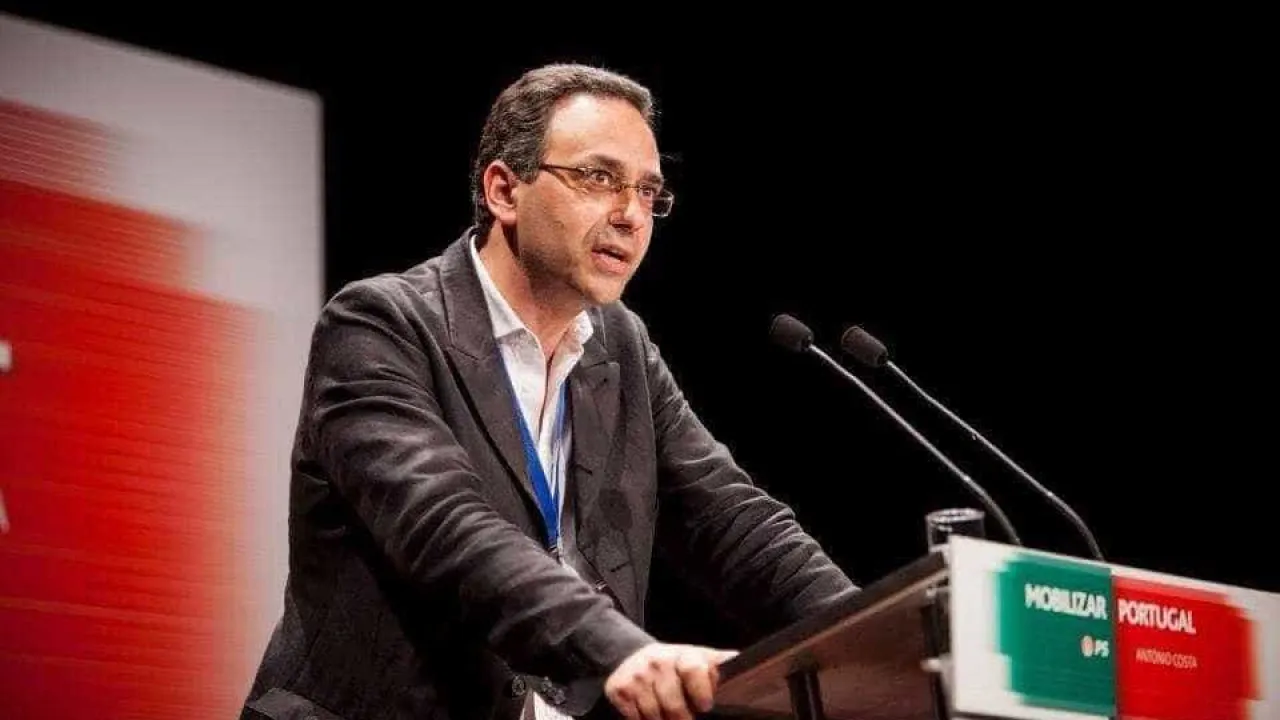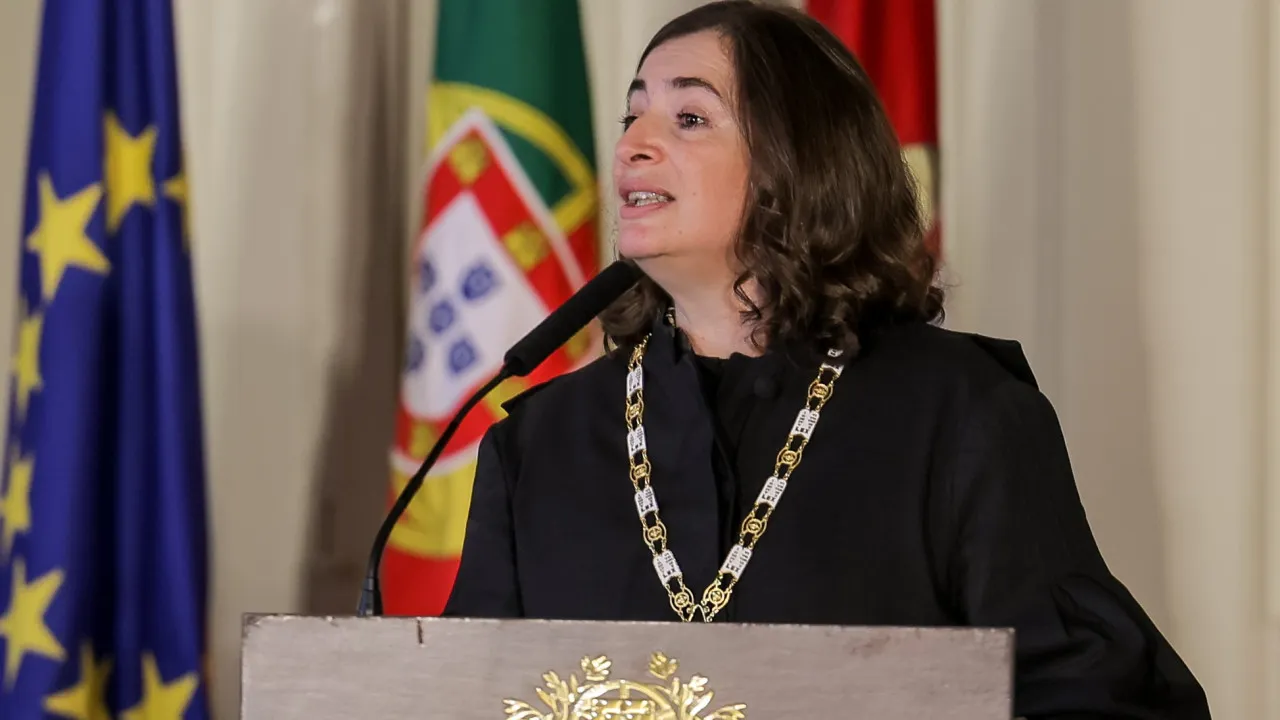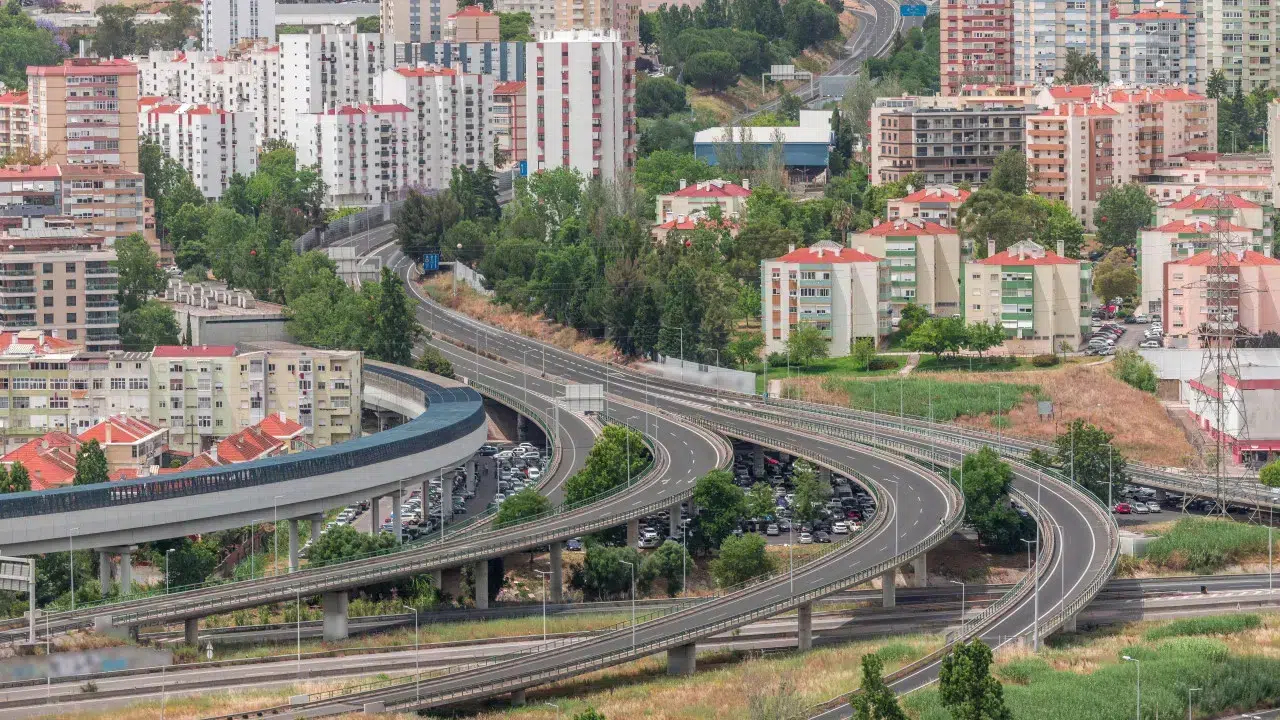The President of the Republic, Marcelo Rebelo de Sousa, met Tuesday afternoon with delegations from the Chega, Livre, and PCP parties to discuss the legal framework for the entry and residency of foreigners. The head of state also had a meeting with Mariana Leitão, the recently elected president of IL, where the subject of the new immigrants law was also on the table.
The Chega party was the first to be received at 5 p.m., and upon leaving the meeting, leader André Ventura said it is “almost certain” that the President of the Republic will send “the new immigration law to the Constitutional Court”, due to concerns over legal security which need safeguarding, particularly regarding its practical application in courts and resolving issues raised by various civil society members, experts and non-experts alike.
“I am 99.9% sure that the President of the Republic will send the new immigration law, approved in the Assembly of the Republic, to the Constitutional Court”, he stated.
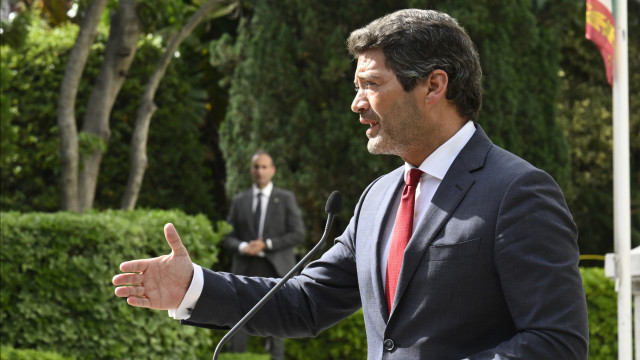
Rui Tavares, spokesperson for the Livre party, followed. Contrary to André Ventura, Tavares refused to predict the President’s decision regarding the legal framework for the entry and residence of foreigners and called for the decree’s preventative review by the Constitutional Court.
“We cannot predict the actions of the President of the Republic, and we certainly won’t. From the Livre’s perspective, there are more than enough reasons to send the document to the Constitutional Court”, Rui Tavares declared to journalists after his meeting with the head of state at the Palácio de Belém.
According to Tavares, accompanied by a delegation including the party’s spokesperson and parliamentary leader Isabel Mendes Lopes, the main issues involve “inequality before the law” between Portuguese citizens and immigrants, and among immigrants themselves.
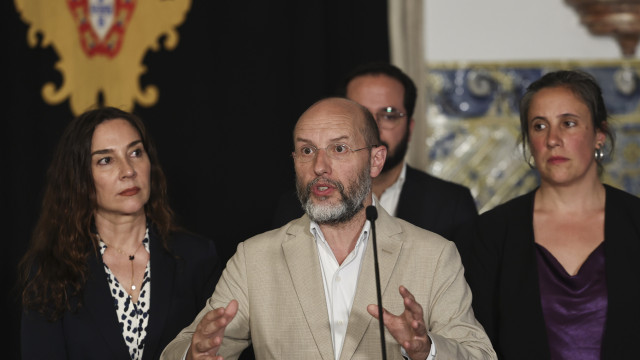
After the audience with Marcelo (the President’s third meeting that day), IL leader Mariana Leitão expressed solidarity with the potential sending of the immigration law to the Constitutional Court, deeming the process was “very poorly managed” by the Government.
“Given the process and the manner it took place in the Assembly of the Republic, we decided to show solidarity [with this request] because the process was very poorly managed, with numerous failings. Several entities that are legally required to be consulted were not heard”, she stated.
Mariana Leitão noted that this law “directly affects people’s lives, their rights, freedoms, and guarantees”, therefore it should follow “a procedure that includes all necessary steps to ensure the law is as balanced as possible.”
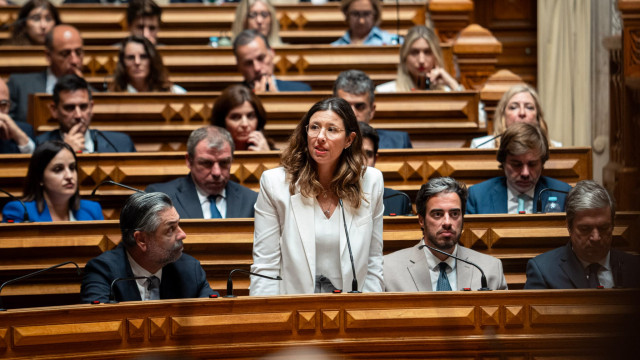
Finally, after meeting with the President, the PCP’s Secretary-General argued the immigration law is unnecessary and unconstitutional, claiming no “rift” with Marcelo regarding the decree’s constitutionality.
Speaking to journalists, Paulo Raimundo mentioned the law altering the legal framework for the entry and residency of foreigners was created “hastily” with “formal procedural errors”.
“It contains elements we consider potentially and certainly unconstitutional, which [the President of the Republic] must consider when evaluating”, Paulo Raimundo stated.
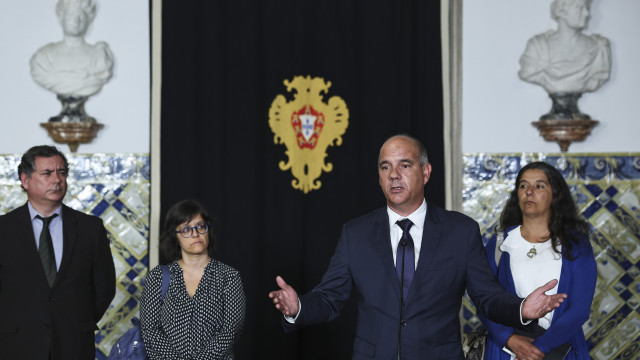
A meeting with the Bloco de Esquerda is also scheduled for Thursday, as it was the first party to request an audience with the head of state regarding changes to the legal framework for the entry, stay, exit, and removal of foreigners from the national territory.
It should be noted that BE, Livre, and PCP oppose the amendments that were approved in plenary last Wednesday, while Chega would like the President of the Republic to urgently enact the parliamentary decree.
The new regime limits work-seeking visas to “skilled work” for people with “specialized technical skills,” to be defined later by ordinance, and restricts immigrants’ family reunification, granting more rights in this regard to those holding certain types of residency permits, such as the so-called ‘golden visas’.
Under the Constitution, the President of the Republic has twenty days to either promulgate or exercise the right of veto concerning any decree from the Assembly of the Republic and may request the Constitutional Court’s preventative review of constitutionality within eight days from the date the document is received.
According to the Assembly of the Republic’s website, the decree was sent to the Palácio de Belém last Thursday.


